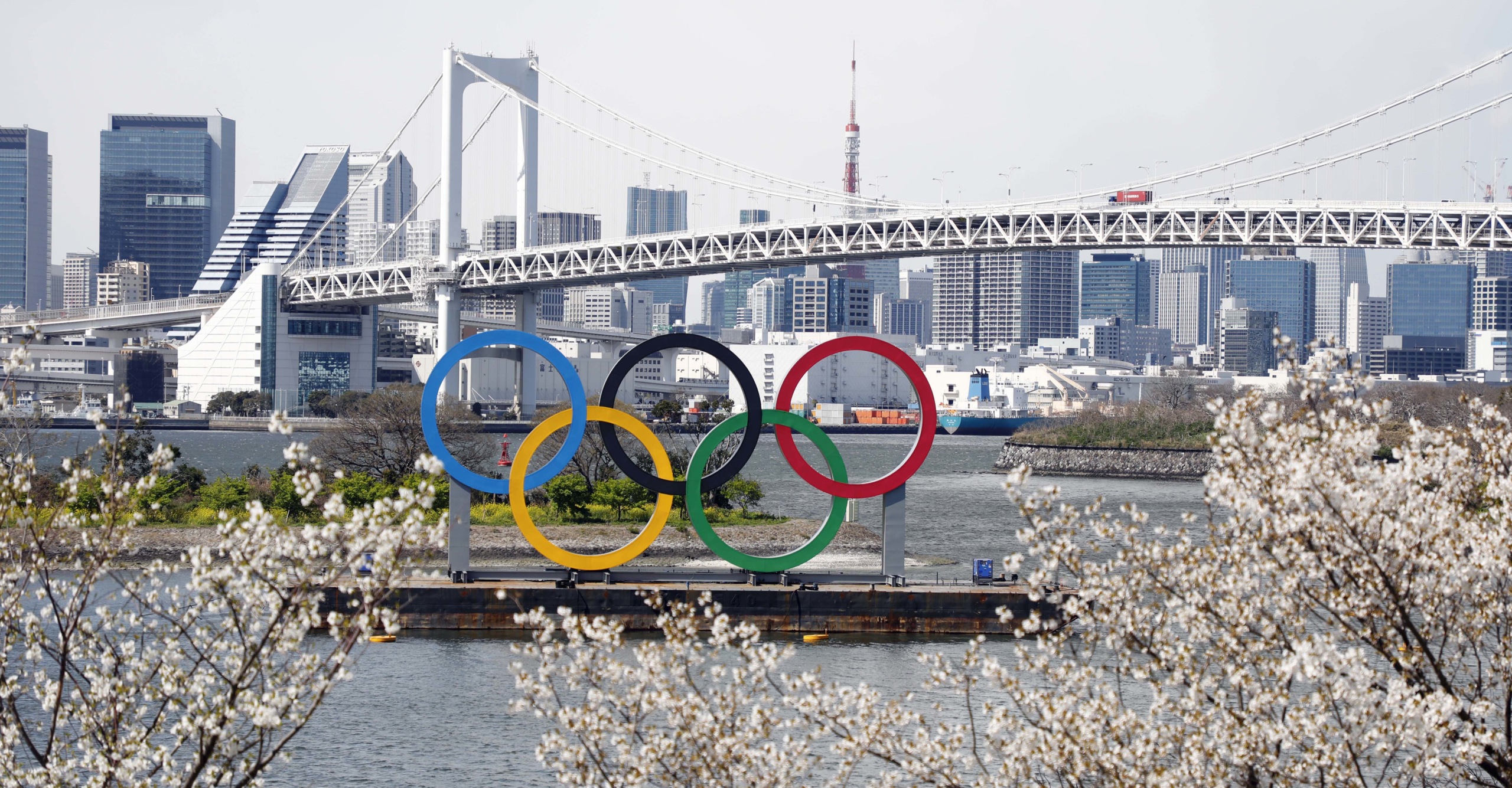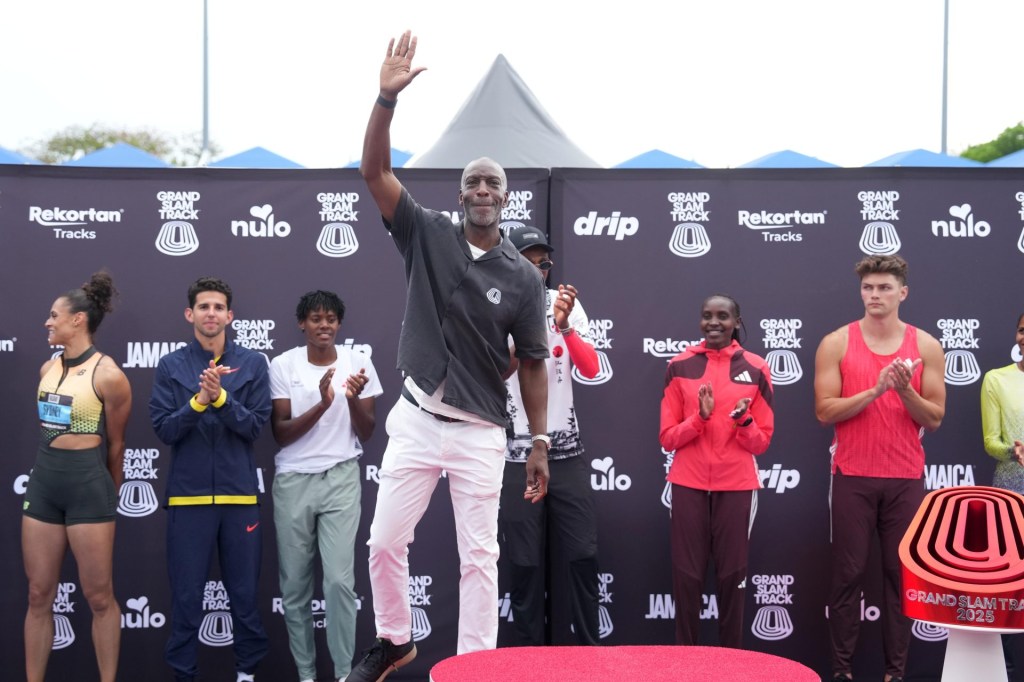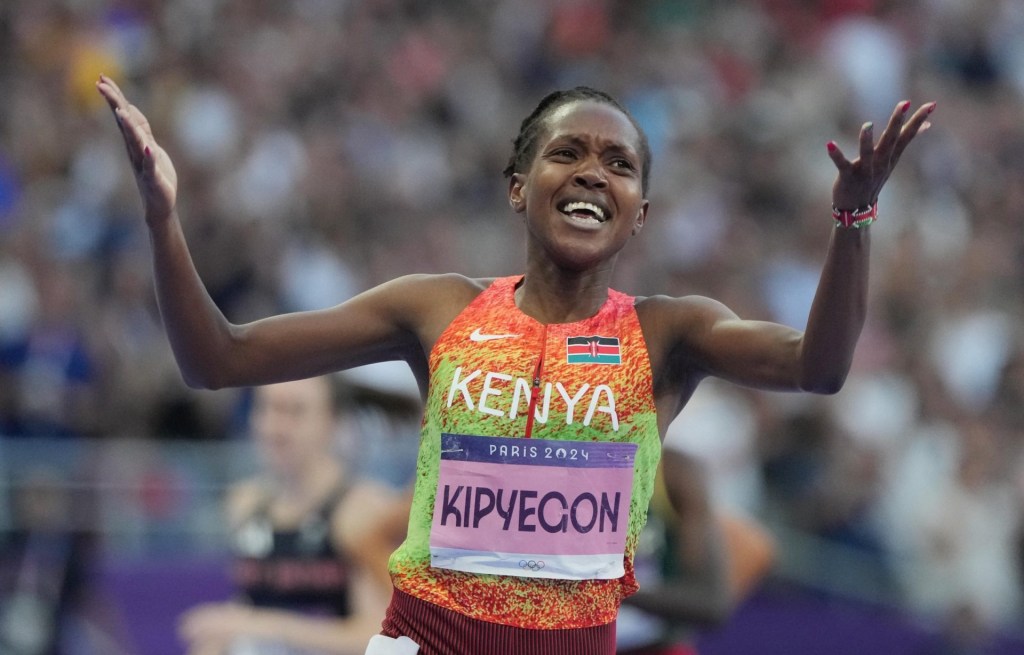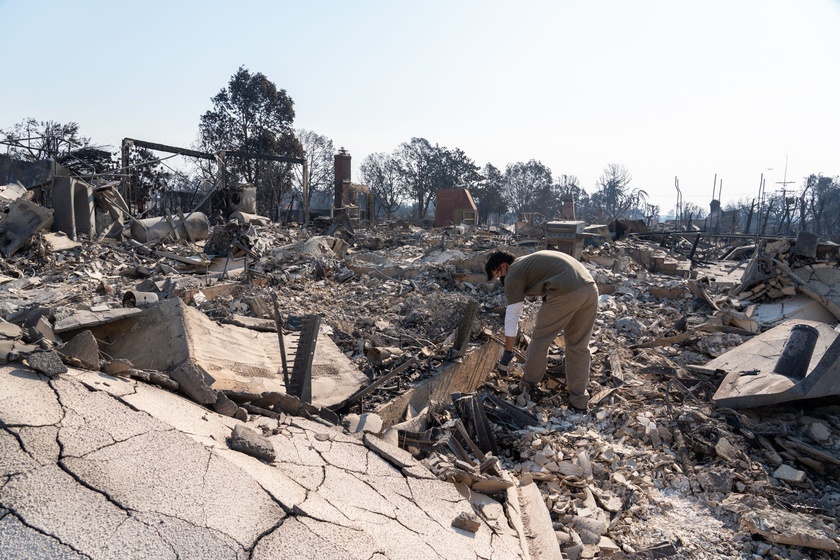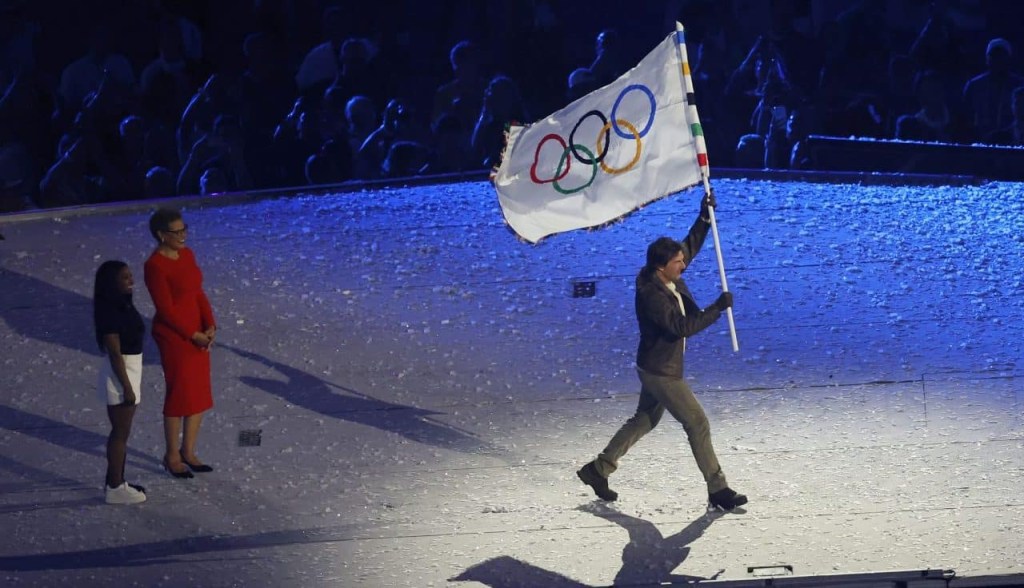Organizers for the delayed 2020 Tokyo Olympics estimate they have found simplification measures that will save about $280 million from the Games’ budget, according to The Associated Press.
The official Tokyo budget is $12.6 billion, so the cost-saving measures will shave off about 2% from that figure. A national audit conducted last year, however, shows that the actual cost could be twice as high as what’s been officially reported. A separate study from the University of Oxford published in September said that Tokyo is already the most expensive Summer Olympics in history.
The cuts were announced after an online meeting of International Olympic Committee and Japanese officials. Organizers had previously announced plans to simplify the Games in June.
In total, about 50 cuts were proposed, according to the AP — mostly to fringe elements of the Games. Spending on the most expensive items, like new venues, has already been done.
Some of the measures include “changes in equipment and re-configuring venues; fewer decorative banners; a 10-15% reduction in ‘stakeholders’ delegation sizes; fewer shuttle buses; reduction in hospitality areas; suspension in production of mascot costumes; and cancellation of official team welcome ceremonies,” the AP reported.
None of the measures affect the number of sports or athletes set to appear. The AP also reported that the opening and closing ceremonies, the 121-day torch relay leading up the Games, and the competition facilities seen on TV are going “largely untouched.”
Tokyo Olympic Chief Financial Officer Gakuji Ito stressed that the $280 million figure was just an estimate.
“How we calculated the cost reductions is something that is unprecedented and it is an initiative no one has ever experienced,” Ito said, translated from Japanese. “From an administrative perspective, we struggled hard.”
Organizing committee president and former Japanese prime minister Yoishiro Mori said that the number of parties and receptions for VIPs will be scaled back, and that future Games organizers might want to take note.
“Every night somewhere a party is being held,” Mori said, in Japanese. “And almost all the same people are gathered at the parties and receptions. These were reduced in number and scale. Every night a reception was being held, but now it’s not every night. This is going to be a good model for future organizers.”
Both Mori and Toshiro Muto, the former deputy governor for the Bank of Japan, declined to give an estimate of the total cost of postponement.
“We are in the process of doing that, calculating that,” Muto said. “We are not able to give you a concrete number as of yet.”
A previous AP report estimated that the postponement will cost between $2 billion and $6 billion. In May, the IOC committed $800 million to help offset the costs, with $650 million going directly to putting on a delayed event — the remaining $150 million is set to go to international sporting federations, national Olympic committees, and athletes.
